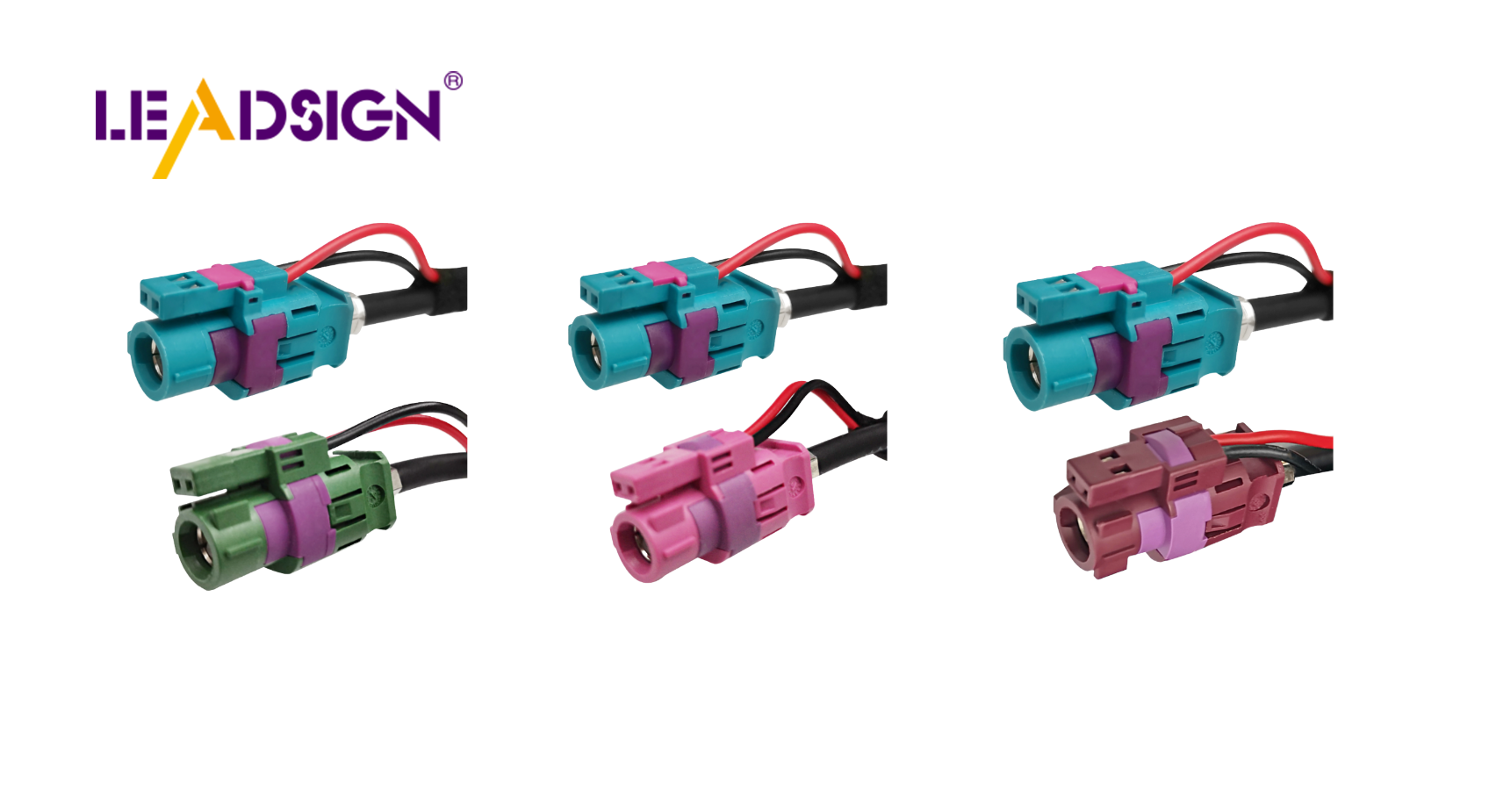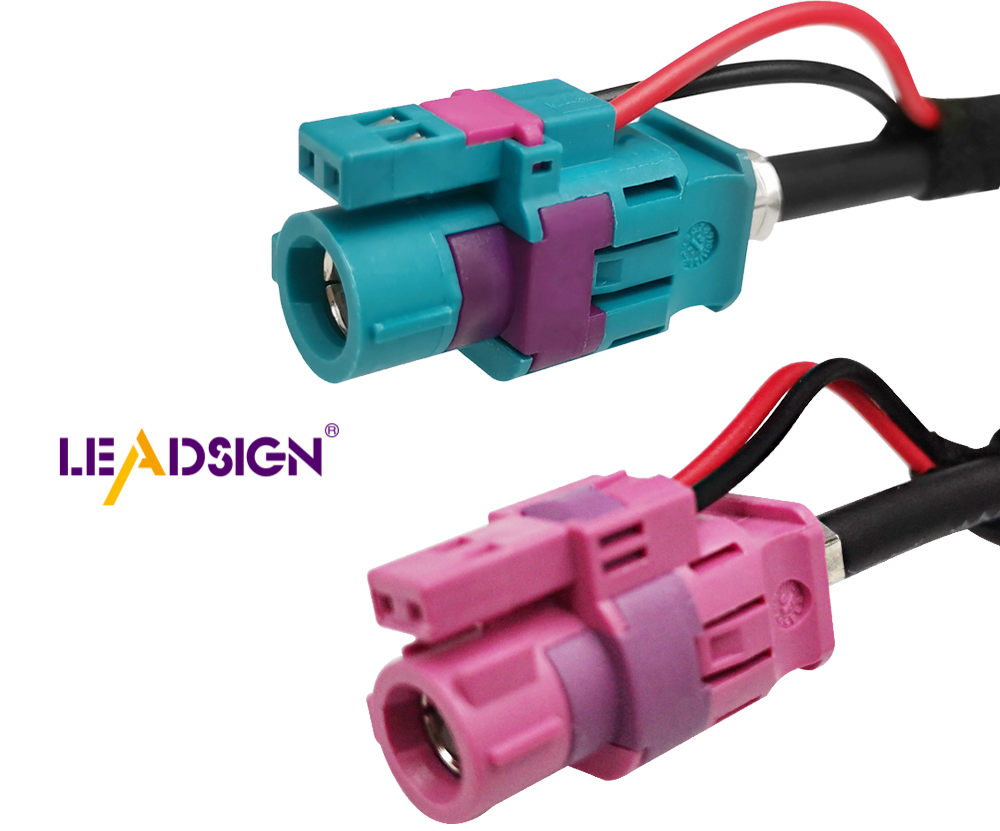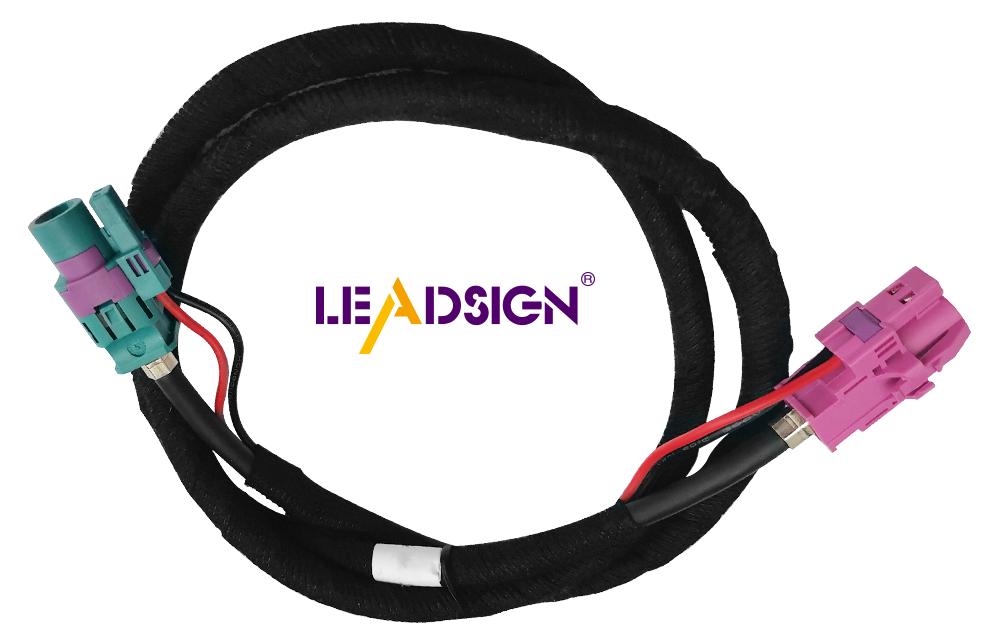Car Wiring Wire Basics and Their Everyday Uses

Cars need car wiring wire to work properly and smoothly. Each wire is important for powering and linking car parts. These wires carry power and signals to the right places. Without good wiring, things like lights and sensors may stop working. Problems like rust or loose wires can break this connection. Taking care of car wiring wire keeps them working well and prevents breakdowns. Knowing about car wires helps your car run better.
Key Takeaways
Understanding car wiring is essential for maintaining your vehicle's performance and preventing breakdowns.
Primary wires, made of copper and insulated with PVC or XLPE, are crucial for powering lights, switches, and relays in your car.
Battery cables are designed to handle high currents and are vital for connecting the battery to the starter and alternator, ensuring your car starts reliably.
Shielded wires protect sensitive systems from electromagnetic interference, ensuring accurate data transmission for sensors and communication systems.
Specialty wires, such as heat-resistant and coaxial cables, support advanced car features and operate effectively in harsh conditions.
Regular maintenance and knowledge of car wiring can save you money on repairs and enhance your vehicle's reliability.
Choosing the right wire size and type based on your car's needs is crucial for optimal performance and safety.
Primary Wires in Automotive Wiring

Primary wires are very important in car wiring. They connect electrical parts and let power and signals move smoothly. These wires are strong and useful for many tasks.
Characteristics of Primary Wires
Material Composition and Insulation
Primary wires are usually made of copper. Copper is great for carrying electricity and is bendable. This helps your car's electrical parts work well. The covering, or insulation, around the wires is also important. Most primary wires use Polyvinyl Chloride (PVC) or Cross-Linked Polyethylene (XLPE) for insulation.
PVC insulation resists oil, grease, and acids. It works well inside the car and under the hood.
XLPE insulation handles high heat, up to 125°C. It is perfect for hot areas like near the engine.
There are different types of XLPE-insulated wires:
GXL wires: Thin insulation, used for regular car connectors.
SXL wires: Thicker insulation, good for general use.
TXL wires: Very thin insulation, great for small and light wiring.
These materials make primary wires tough and long-lasting, even in hard conditions.
Flexibility and Versatility
Primary wires are made to bend easily. This helps them fit into tight spaces in cars. They are made of stranded copper, which makes them easier to handle than solid wires. This flexibility is useful for making wiring bundles, which keep wires organized. Whether fixing a small problem or doing a big project, primary wires are helpful for many jobs.
Everyday Uses of Primary Wires
Powering Lights, Switches, and Relays
Primary wires help power important car parts like lights, switches, and relays. For example, they connect headlights to power so you can see at night. They also link switches to systems like wipers or inside lights. Relays, which are like electrical switches, use primary wires to handle strong currents safely.
General-Purpose Wiring in Car Systems
Primary wires are also used for general wiring in cars. They provide power to systems like the ignition, fuel pump, and dashboard. They can handle different voltages and currents, making them very useful. Whether fixing a broken wire or upgrading wiring, primary wires are a reliable choice.
Battery Cables for Car Wiring Wire Systems

Battery cables are very important in a car's electrical system. They carry strong currents and provide steady power to key parts. Their strong design helps keep your car safe and working well.
Characteristics of Battery Cables
Built for High Current
Battery cables are made to handle large amounts of electricity. They have thick cores made of copper or aluminum, which carry electricity well. The core has many small strands, so it can handle high currents without getting too hot. This design saves energy and moves power efficiently, even in tough situations.
The size and number of strands in the core follow strict rules. These rules make sure the cables can meet the needs of modern cars. Using good materials and careful design makes these cables last a long time.
Protection from Heat and Corrosion
Battery cables face tough conditions. Their insulation keeps the core safe from heat, water, and harmful chemicals. Common insulation materials are Polyvinyl Chloride (PVC) and Cross-Linked Polyethylene (XLPE).
PVC insulation resists oil, grease, and acids, making it good for most car uses.
XLPE insulation handles high heat, up to 125°C, so it works well near engines or other hot parts.
These materials keep battery cables safe and working, even in extreme conditions. They also stop short circuits and protect the car's wiring system.
Uses of Battery Cables
Linking the Battery to Starter and Alternator
Battery cables connect the battery to the starter and alternator. The starter needs a lot of power to start the engine, and the cable delivers it. The alternator uses these cables to charge the battery while the car runs. If the cables don’t work, the car might not start or could lose power.
Grounding the Car's Electrical System
Battery cables also help ground the car's electrical system. A grounding cable links the battery's negative terminal to the car's frame. This connection completes the circuit and helps electrical parts work properly. Good grounding lowers the chance of electrical problems and makes the car more reliable.
Knowing about battery cables shows how important they are for cars. They are key to keeping your car's electrical system safe and efficient.
Shielded Wires in Cars
Shielded wires are very important in modern cars. They help sensitive car parts work without problems. Learning about them shows why they are key for your car.
Features of Shielded Wires
Blocking Electromagnetic Interference (EMI)
Shielded wires stop electromagnetic interference (EMI) from causing issues. EMI happens when signals from one system disturb another. For example, old radios often caused nearby devices to act up. To fix this, engineers made shielded cables like coaxial cables and twisted pairs. These cables use copper shields to block most interference. In cars, this shielding keeps signals from sensors and communication systems clear and steady.
The shield in these wires works like a wall. It stops outside signals from getting in and inside signals from leaking out. This helps your car send accurate data without errors.
Toughness for Delicate Systems
Shielded wires are made to handle tough conditions. They have strong materials to keep the core safe. The insulation protects against heat, water, and chemicals, making them last longer. This strength makes them perfect for delicate car systems like infotainment and driver-assistance tools. These systems need exact data, and shielded wires deliver it without problems.
How Shielded Wires Are Used
Connecting Sensors and Communication Systems
Shielded wires link sensors and communication systems in cars. Sensors, like those for tire pressure or engine heat, send important data to the car's computer. Shielded wires make sure this data gets through without interference. Communication systems, like GPS or Bluetooth, also use shielded wires to send clear signals. Without these wires, many car features might not work well.
Supporting Audio and Data Systems
Modern cars have audio and infotainment systems for a better ride. Shielded wires help these systems send clear sound and video signals. They also carry data for USB ports, Ethernet, and other digital tools. By using shielded wires, car makers ensure these systems work smoothly without noise or glitches.
Shielded wires are vital for cars. They protect delicate systems from interference and keep data flowing correctly. Whether for sensors or infotainment, these wires help your car run smoothly.
Specialty Wires for Modern Cars
Specialty wires are very important in today’s cars. They are made to handle tough jobs and keep systems working well. Knowing their types and uses shows how they help your car.
Types of Specialty Wires
Heat-Resistant Wires for Engines
Heat-resistant wires are needed in hot areas like engines. They use materials like silicone or XLPE insulation to handle heat up to 200°C. These wires stay strong even in very hot places. They power parts like ignition systems, alternators, and engine sensors.
These wires are also tough against oil, grease, and fluids. This makes them a good choice for keeping your car’s electrical parts working well.
Coaxial Cables for Signals
Coaxial cables send high-frequency signals in cars. They connect antennas to GPS, radios, and satellite systems. Their special design reduces signal loss and interference. This helps send clear and accurate signals.
These cables are key for modern car features. They make navigation, traffic updates, and entertainment systems work smoothly. Without them, many car features wouldn’t work as well.
Uses of Specialty Wires
Helping Advanced Car Features
Specialty wires make advanced car features work properly. Heat-resistant wires keep engine sensors and controls working in hot conditions. Coaxial cables help GPS and wireless systems work without problems.
These wires are also used in new car technologies. Electric and hybrid cars need them for high-voltage systems. As cars get smarter, these wires become even more important.
Working in Tough Conditions
Specialty wires are made to last in hard conditions. Heat-resistant wires handle heat and chemicals, making them great for engines. Coaxial cables keep signals clear even with strong interference. This makes sure your car works in heat, cold, or rough roads.
Car makers use specialty wires to build reliable cars. These wires keep important systems working, so you can trust your car in any situation.
Specialty wires are a big part of modern cars. They support smart features and work in tough places, making them essential for your car’s wiring. Knowing about them helps you see how advanced and reliable cars are today.
Car wires are important for keeping your car working well. Different wires, like primary, shielded, and specialty wires, have specific jobs. Knowing about car wires helps you find problems faster and fix them easily. This can save money on repairs and improve how your car runs. Learning about wiring helps you make smart choices for your car. It keeps your car safe and running smoothly for a long time.
FAQ
What are the types of Primary Wire?
Primary wires are Cross-Linked and PVC types. Cross-Linked wires are strong and resist heat, making them good for tough areas. PVC wires are flexible and resist oil, grease, and acids, making them great for general car use.
What are the three kinds of Cross-Linked Primary Wires?
There are three Cross-Linked wire types: TXL, SXL, and GXL. TXL wires are thin and light, fitting small spaces. SXL wires have thick insulation for extra protection. GXL wires are thinner than SXL but still strong and durable.
What insulation materials are common in car wiring?
The most used insulation materials are Polyvinyl Chloride (PVC) and Cross-Linked Polyethylene (XLPE). PVC resists oils, acids, and grease. XLPE handles high heat, up to 125°C. These materials make wires last longer and work well.
Can speaker wire be used in cars?
Speaker wire is not good for car wiring. It is made for sound signals but lacks the strength and insulation for cars. Car wires, like primary or specialty wires, are built to handle heat, vibration, and chemicals.
How can car wires be customized?
Car wires can be customized in many ways. You can add custom text or logos on wires. Stripes with tracers or different colors can also be added. This makes wires easier to identify and organize.
How do I pick the right wire size?
Choose wire size based on the power needed and distance. Thick wires (low gauge) carry more power and are good for heavy tasks like battery cables. Thin wires (high gauge) are better for small systems like lights. Check your car manual or ask an expert for help.
Why is shielding important in car wires?
Shielding stops electromagnetic interference (EMI) from causing problems. Shielded wires protect signals in systems like sensors and GPS. This keeps data clear and systems working well, even in noisy electrical areas.
Why are specialty wires important for modern cars?
Specialty wires are key for advanced car systems. Heat-resistant wires work in hot engines. Coaxial cables send clear signals for GPS and radios. These wires make modern car features reliable and efficient.
How is speaker wire different from primary wire?
Speaker wire sends sound signals and focuses on audio quality. Primary wire connects car parts and has strong insulation. It powers things like lights and switches. Speaker wire is not tough enough for car wiring.
Can I use speaker wire for car audio?
Yes, speaker wire works for car audio but only for connecting speakers to amplifiers. Make sure the wire matches your system's power needs. Don’t use it for other car wiring since it can’t handle high power or tough conditions.
See Also
Understanding HSD Connectors Essential for Automotive Applications
Unveiling Advantages of Fakra Connectors in Vehicles
Why Fakra Connectors Matter for Today's Automotive Technology

